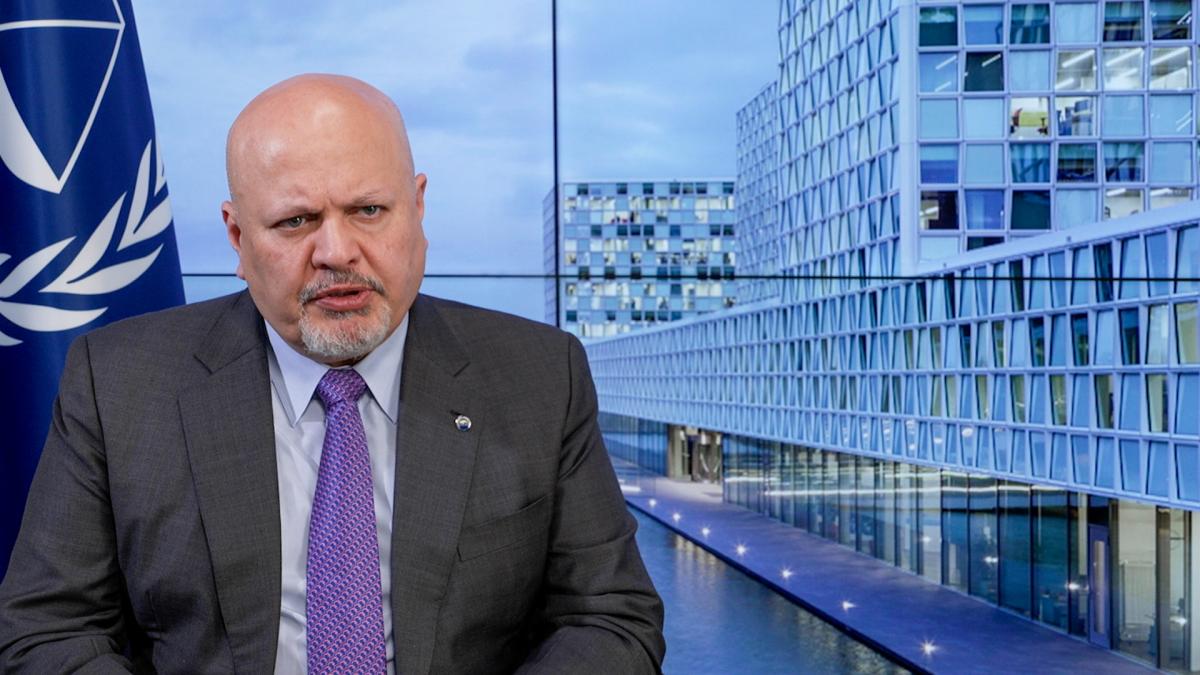The International Criminal Court (ICC) has announced the arrest and transfer of former Philippine President Rodrigo Roa Duterte on March 11, 2025. This historic event marks a significant step in the ICC’s ongoing investigation into alleged crimes against humanity committed during Duterte’s tenure as both the Mayor of Davao City and later as the President of the Philippines. His arrest was carried out by Philippine authorities in compliance with a warrant issued by the ICC on March 7, 2025.
Understanding the Charges Against Duterte
According to the ICC’s Office of the Prosecutor, Duterte is accused of bearing criminal responsibility for the crime against humanity of murder under Article 7(1)(a) of the Rome Statute. These crimes allegedly took place between November 1, 2011, and March 16, 2019, a period covering his time as the head of the notorious Davao Death Squad and later as the chief architect of the Philippine government’s controversial “war on drugs.”
The ICC’s allegations suggest that these acts were not isolated incidents but part of a widespread and systematic attack on civilians. Pre-Trial Chamber I, in issuing the arrest warrant, determined that there are reasonable grounds to believe Duterte’s direct involvement in these crimes, reinforcing the notion that these actions fall within the ICC’s jurisdiction. This is because the crimes in question occurred when the Philippines was a State Party to the Rome Statute, the foundational treaty of the ICC.
A Landmark Development in Pursuit of Justice
The arrest of Duterte signifies a pivotal moment in the quest for justice for the thousands of victims and their families affected by extrajudicial killings during the infamous drug war. The ICC’s investigations have been carried out by the Philippines Unified Team under the leadership of Deputy Prosecutor Mame Mandiaye Niang, with crucial support from the ICC’s newly established Tracking and Information Fusion Section. This collaborative effort, along with assistance from the ICC Registry, ensured the effective coordination leading to Duterte’s apprehension.
The ICC’s actions reflect its commitment to upholding human rights and ensuring accountability for crimes that shock the conscience of humanity. Duterte’s transfer to ICC custody underscores that no leader is beyond the reach of international law, especially when accused of gross human rights violations.
Next Steps: The Road to Judicial Proceedings
With Duterte now in custody, the ICC’s Office of the Prosecutor has initiated preparations for his initial appearance before the Court. This will mark the beginning of a legal process that may include pre-trial hearings, the presentation of evidence, and testimonies from victims and witnesses. Given the gravity of the accusations, the case is expected to draw significant international attention.
Survivors, human rights activists, and legal experts see this development as a breakthrough for justice, particularly for those who have relentlessly sought accountability for the brutal anti-drug campaign that resulted in thousands of deaths. Many families of the victims have long demanded Duterte’s prosecution, arguing that his government operated under a policy of state-sponsored violence against suspected drug offenders without due process.
The Role of Victims and Witnesses
The ICC’s work has been made possible through the courageous cooperation of victims, survivors, and human rights organizations in the Philippines. The Office of the Prosecutor extended gratitude to these individuals and emphasized the importance of their testimonies in building a strong case against Duterte.
For those who have yet to come forward, the ICC encourages further cooperation through its Witness Appeal portal. The testimonies of survivors and witnesses remain essential in ensuring that justice is fully served and that those responsible for the crimes committed are held accountable.
Engagement with Philippine Authorities and the Global Community
Despite Duterte’s long-standing defiance of the ICC and his administration’s withdrawal of the Philippines from the Rome Statute in 2019, his arrest signals renewed cooperation between the international justice system and Philippine authorities. The ICC has expressed its willingness to engage with the Philippine government on possible avenues of collaboration, emphasizing the importance of justice in healing communities affected by Rome Statute crimes.
Moreover, the ICC acknowledges the vital role played by national authorities, regional and international organizations, and civil society groups in ensuring accountability. These partnerships will be instrumental in advancing the judicial process and setting a precedent for human rights enforcement on a global scale.
Implications for the Philippines and Beyond
The arrest of Duterte sends a strong message to leaders worldwide that systematic human rights violations will not go unpunished. It sets a legal and moral precedent, reinforcing the international community’s resolve to prosecute individuals responsible for crimes against humanity, regardless of their political status or influence.
Within the Philippines, Duterte’s arrest may lead to political and social ramifications. His allies may attempt to challenge the legal grounds of his detention, while human rights groups and victims’ families may use this opportunity to demand broader institutional reforms to prevent future state-led abuses. The development also raises critical questions about the role of law enforcement, judicial independence, and the future of human rights advocacy in the country.
Conclusion: A Defining Moment for Justice
Duterte’s arrest is more than just a legal proceeding; it is a historic milestone in the pursuit of justice for those who suffered under his leadership. It reinforces the power of international law and the persistent efforts of victims and human rights defenders in holding leaders accountable for their actions.
As the case progresses, all eyes will be on the ICC to ensure that due process is upheld and that the victims receive the justice they deserve. The world is watching, and this moment stands as a testament to the resilience of those who seek truth, accountability, and justice in the face of grave injustices.


